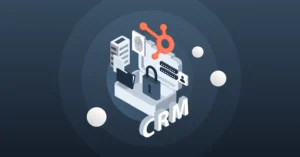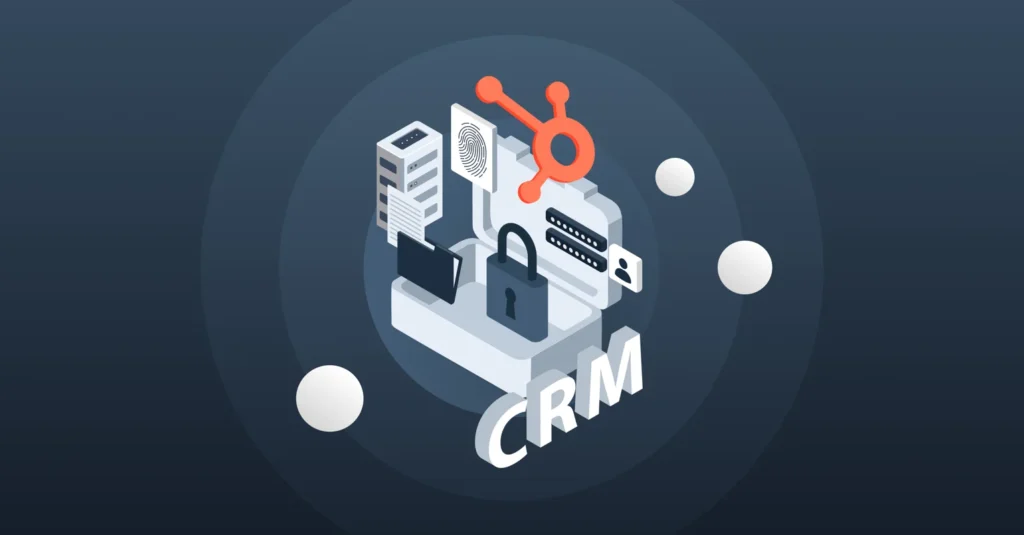Effective email communication is a pivotal component of modern business operations. This is especially the case in healthcare, where maintaining privacy and security is a top priority. With stringent regulations like the Health Insurance Portability and Accountability Act (HIPAA) in place, healthcare providers and related organizations must handle email communication with extra caution. Leveraging technology for secure, HIPAA compliant email communication is not just a best practice but a legal requirement for safeguarding patient information.
What Is a HIPAA Compliant Email?
“HIPAA compliant email” refers to any email communication method that meets the privacy and security requirements outlined in the HIPAA regulations. These regulations are designed to protect patients’ Protected Health Information (PHI) from unauthorized access, theft, or misuse. To meet HIPAA standards, email communication must adhere to the technical safeguards required to secure electronic PHI (ePHI). This includes:
- Encryption: Emails containing PHI must be encrypted both in transit and at rest. Encryption secures information and can only be accessed by authorized individuals with the right decryption key.
- Access Controls: Only authorized users should have access to email accounts containing PHI. Multi-factor authentication is often employed to add an extra layer of protection.
- Audit Controls: Organizations must monitor email activity, including access logs and message transmissions, to detect and address potential security breaches or misuse.
Without these measures, email communication could expose healthcare providers to risks such as unauthorized access, data breaches, and non-compliance penalties.
How Do HIPAA Compliant Services Use Technology?
HIPAA compliant email services provide the technological tools and features necessary for organizations to meet the requirements outlined by HIPAA. These services are specifically designed to handle the unique challenges of securing PHI in digital communications. Some of the more significant ways that HIPAA compliant services utilize technology are explained below.
Encryption and Secure Transmission
A key feature of HIPAA compliant services is encryption, which protects sensitive data from being intercepted or accessed by unauthorized entities. These services securely encrypt email messages while they are in transit over the internet and when stored on servers. Only authorized recipients can decrypt and access the content of the email.
Access Management
HIPAA compliant platforms integrate access control measures to limit who can read, send, or access sensitive emails. Features like passwords and multi-factor authentication allow account administrators to tailor access levels based on individual roles within an organization. Some services may also include automatic timeouts and IP whitelisting for added security.
Audit Trails
Another powerful tool provided by HIPAA compliant services is audit trail functionality. These systems automatically record email activity, including who accessed an email, when it was accessed, and whether it was modified. This capability not only enhances accountability within an organization but also streamlines the process of conducting internal audits.
Simplified Compliance
For organizations overwhelmed by the complexity of meeting HIPAA email requirements, third-party compliant services automate compliance processes. These platforms assist with tasks such as encryption, monitoring, and producing compliance reports. This allows healthcare providers to focus on delivering quality care rather than navigating complex technical requirements.
Seeking Out HIPAA Compliant Services
Implementing HIPAA compliant email systems is a pivotal step for healthcare organizations looking to protect sensitive data, prevent breaches, and streamline compliance with regulatory standards. Leveraging advanced technology can make compliance manageable and secure PHI effectively. By adopting HIPAA compliant systems, your organization not only safeguards sensitive information but can also foster trust among patients and partners who value your commitment to data privacy.
- How to Leverage Technology for Enhanced HIPAA Compliant Email Communication
- jacksonville computer network issue – A Comprehensive Analysis
- dailytimes24x7.com guides – A Comprehensive Resource for Information and Insights
- views-source:https://roobx4uuu.blogspot.com – A Look at the Most Hyped Blog Site of 2024
- 5 Types of Dental Implant Procedures

